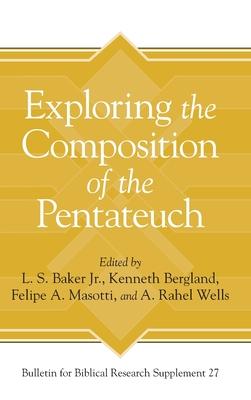For many years, the historical-critical quest for a reconstruction of the origin(s) and development of the Pentateuch or Hexateuch has been dominated by the documentary hypothesis, the heuristic power of which has produced a consensus so strong that an interpreter who did not operate within its framework was hardly regarded as a scholar. However, the relentless march of research on this topic has continued to yield new and refined analyses, data, methodological tools, and criticism. In this spirit, the contributions to this volume investigate new ideas about the composition of the Pentateuch arising from careful analysis of the biblical text against its ancient Near Eastern background.
Covering a wide spectrum of topics and diverging perspectives, the chapters in this book are grouped into two parts. The first is primarily concerned with the history of scholarship and alternative approaches to the development of the Pentateuch. The second focuses on the exegesis of particular texts relevant to the composition of the Torah. The aim of the project is to foster investigation and collegial dialogue in a spirit of humility and frankness, without imposing uniformity.
In addition to the editors, the contributors include Tiago Arrais, Richard E. Averbeck, John S. Bergsma, Joshua A. Berman, Daniel I. Block, Richard Davidson, Roy E. Gane, Duane A. Garrett, Richard S. Hess, Benjamin Kilchr, Michael LeFebvre, Jiř Moskala, and Christian Vogel.
